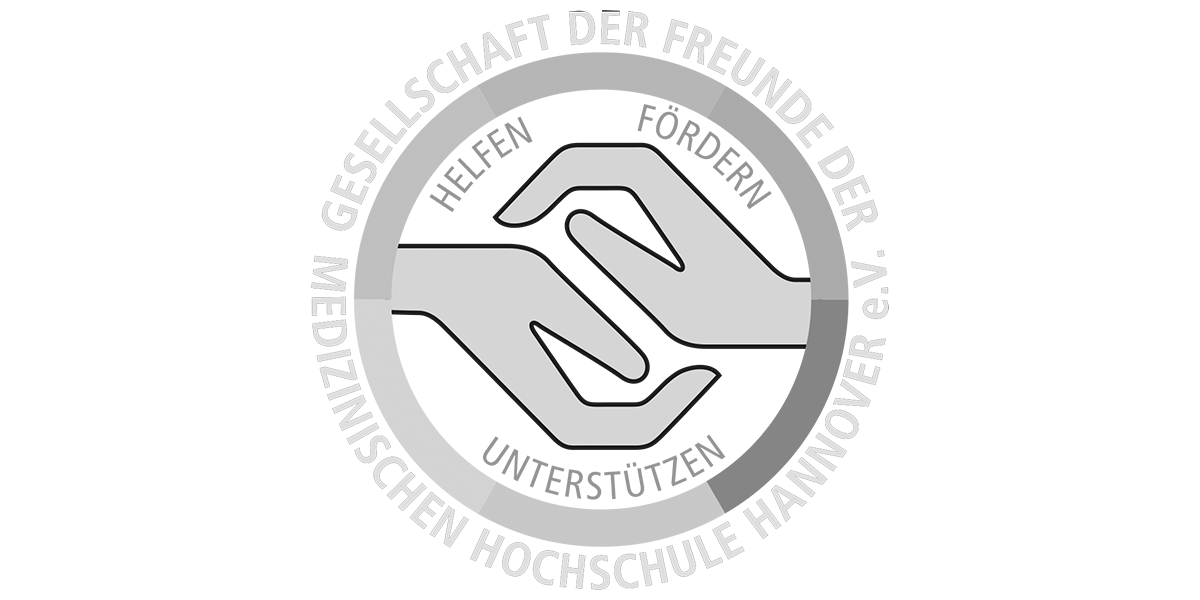Das Forschungskonsortium ADDRess
Um umfassendere Kenntnisse über diese sogenannten “Disorders with Abnormal DNA Damage Response” (DADDR) zu erlangen und um Patient:innen mit diesen Erkrankungen adäquater zu versorgen, wurde das Verbundprojekt „ADDRess“ ins Leben gerufen.
Zehn Arbeitsgruppen haben sich zusammengeschlossen, um die medizinische und psychosoziale Versorgung, Krebsfrüherkennung, Diagnostik und Therapie bei Menschen mit gestörter DNA-Reparatur zu verbessern. Das Forschungsprojekt ADDRess ist angelehnt an das Krebsprädispositionssyndrom (KPS)-Register und wird vom Bundesministerium für Bildung und Forschung gefördert.
Alle Informationen zur Teilnahme am Projekt finden Sie im weiteren Verlauf dieser Seite. Bei Fragen können Sie sich jederzeit an uns wenden. Nutzen Sie dazu einfach die folgenden Kontaktdaten:
Quicklinks zu ADDRess
Hintergrund des ADDRess-Projektes
Disorders with Abnormal DNA Damage Response (DADDR) sind seltene genetische Erkrankungen mit eingeschränkter DNA-Reparatur. Ein gemeinsames Merkmal der Betroffenen ist ein stark erhöhtes Krebsrisiko. Die Behandlung ist aufgrund des bestehenden Gendefekts meist kompliziert. Die Patient:innen können, wenn sie wie Patient:innen mit Krebserkrankungen ohne zugrunde liegende DNA-Reparaturdefekte mit analogen Bestrahlungs- bzw. Chemotherapieprogrammen behandelt werden, unter vermehrten Nebenwirkungen und Unverträglichkeiten, Zweittumoren und schlechtem Behandlungserfolg leiden. Die Optimierung von Behandlungsstrategien ist daher dringend erforderlich.
ADDRess ist ein Konsortium mit dem Ziel, einen translationalen Forschungsansatz unter Beteiligung von Patientenvertreter:innen, Ärzt:innen verschiedener Fachrichtungen und Wissenschaftler:innen zu entwickeln, um die medizinische und psychosoziale Versorgung, die Krebsüberwachung, Diagnose und Therapie von Menschen mit Störungen der DNA-Reparatur zu verbessern.
Einschlusskriterien
Das ADDRess-Projekt ist angelehnt an das Krebsprädispositionssyndrom-Register. Daher ist die Registrierung im KPS-Register oder im Fanconi-Anämie-Register Voraussetzung für die Teilnahme am ADDRess-Projekt. Es sollen insbesondere Patient:innen mit folgenden KPS bzw. DNA-Reparaturdefekten erfasst werden:
- Ataxia-Teleangiectasia
- Bloom-Syndrom
- DNA-Ligase IV Defizienz
- Dyskeratosis congenita
- Fanconi-Anämie
- Konstitutionelle Mismatch Repair-Defizienz
- Li-Fraumeni-Syndrom
- Nijmegen-Breakage-Syndrom
- Rothmund-Thomson-Syndrom
- Werner-Syndrom
- Xeroderma Pigmentosum
Menschen mit noch selteneren DNA-Reparaturdefekten können ebenfalls eingeschlossen werden.
Biomaterial
Im Rahmen von ADDRess werden initial zwei Mundschleimhautabstriche sowie jeweils 7,5 ml EDTA- und Heparin-Blut bei den Teilnehmenden entnommen. Es empfiehlt sich, dieses bei einer geplanten Blutentnahme im Rahmen der Krebsfrüherkennung mit abzunehmen, sodass zusätzliche Venenpunktionen möglichst vermieden werden. Für das jährliche Follow-up werden dann nur noch 7,5 ml EDTA-Blut entnommen, in Ausnahmen erneut Heparin-Blut.
Ein besonderes Augenmerk liegt zudem in der Untersuchung von Tumormaterial. Wenn bei Betroffenen mit KPS ein maligner, solider Tumor detektiert wird, ist eine chirurgische Entfernung im Verlauf häufig erforderlich. Die Einsendung einer Gewebeprobe aus diesen Tumoren ist wünschenswert, da die Proben zur Erforschung der Tumorentstehung und zur Verbesserung der Krebstherapien genutzt werden können. Bitte nehmen Sie im Fall einer geplanten Operation Kontakt mit dem KPS-Registerteam auf, sodass die Gewebematerialversendung organisiert und koordiniert werden kann.
Sämtliche notwendige Unterlagen zum Versand von Biomaterialien finden Sie im Downloadbereich unserer Webseite unter der Kombination der Suchoptionen “Informationen zu Blut- und Gewebeproben” und “ADDRess”.
Patientenanmeldung bei ADDRess
Wir freuen uns sehr, wenn sich Menschen, die mit einem KPS leben, dazu entscheiden, bei ADDRess mitzumachen. Dazu gibt es zwei Möglichkeiten:
Die Subprojekte des ADDRess-Konsortiums
Sollten Sie Fragen zu einem bestimmten Subprojekt haben, zögern Sie nicht, sich an uns zu wenden. Für weitere Informationen zu den Projektleitenden, klicken Sie einfach auf die entsprechenden Namen.


Koordination des Konsortiums
Koordination des KonsortiumsKoordination des Konsortiums
„Wir wollen eine Infrastruktur schaffen bzw. ausbauen, die den Informationsaustausch, die Koordination von Beratungen und die Eingabe medizinischer Daten sowohl für Patienten als auch für medizinisches Fachpersonal erleichtert."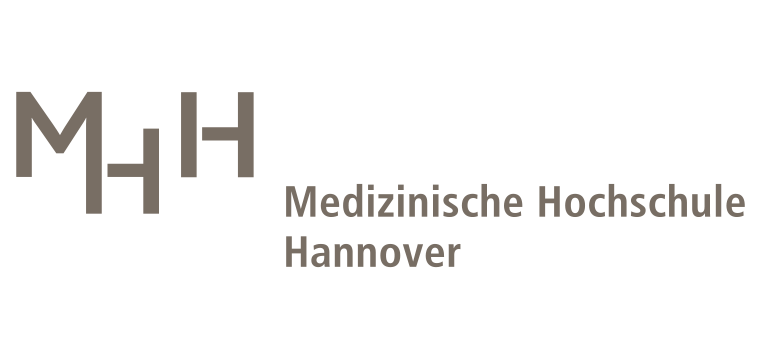


Psychosoziale Betreuung von Menschen mit DADDR und ihren Familien
Psychosoziale Betreuung von Menschen mit DADDR und ihren FamilienPsychosoziale Betreuung von Menschen mit DADDR und ihren Familien
„Wir wollen die psychosoziale Unterstützung auf evidenzbasierte Weise vorantreiben."


Genidentifikation und funktionelle Analysen
Genidentifikation und funktionelle AnalysenGenidentifikation und funktionelle Analysen
„Wir wollen die Genforschung bezogen auf diese Krebsprädispositionssyndrome vorantreiben."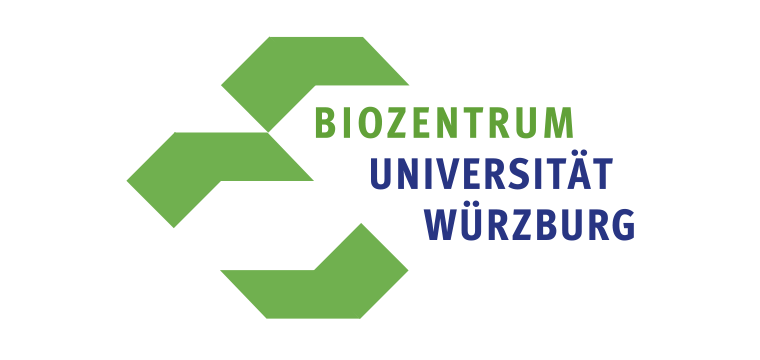
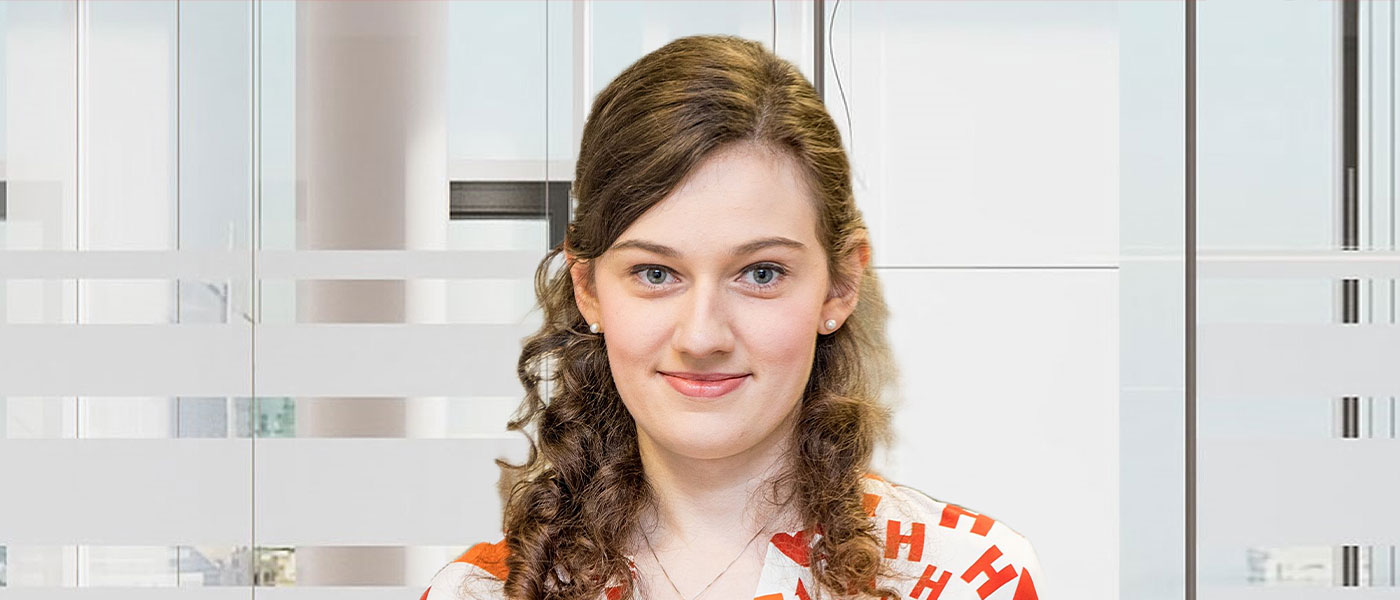
 PD Dr. med. Laura Hinze
PD Dr. med. Laura HinzeProfilierung der metabolischen Veränderungen beim Li-Fraumeni Syndrom als Grundlage für neue therapeutische Strategien
Profilierung der metabolischen Veränderungen beim Li-Fraumeni Syndrom als Grundlage für neue therapeutische StrategienProfilierung der metabolischen Veränderungen beim Li-Fraumeni Syndrom als Grundlage für neue therapeutische Strategien
„Wir wollen über Stoffwechsel-Profile von KPS-Patienten neue therapeutische Strategien für Krebserkrankungen entwickeln."
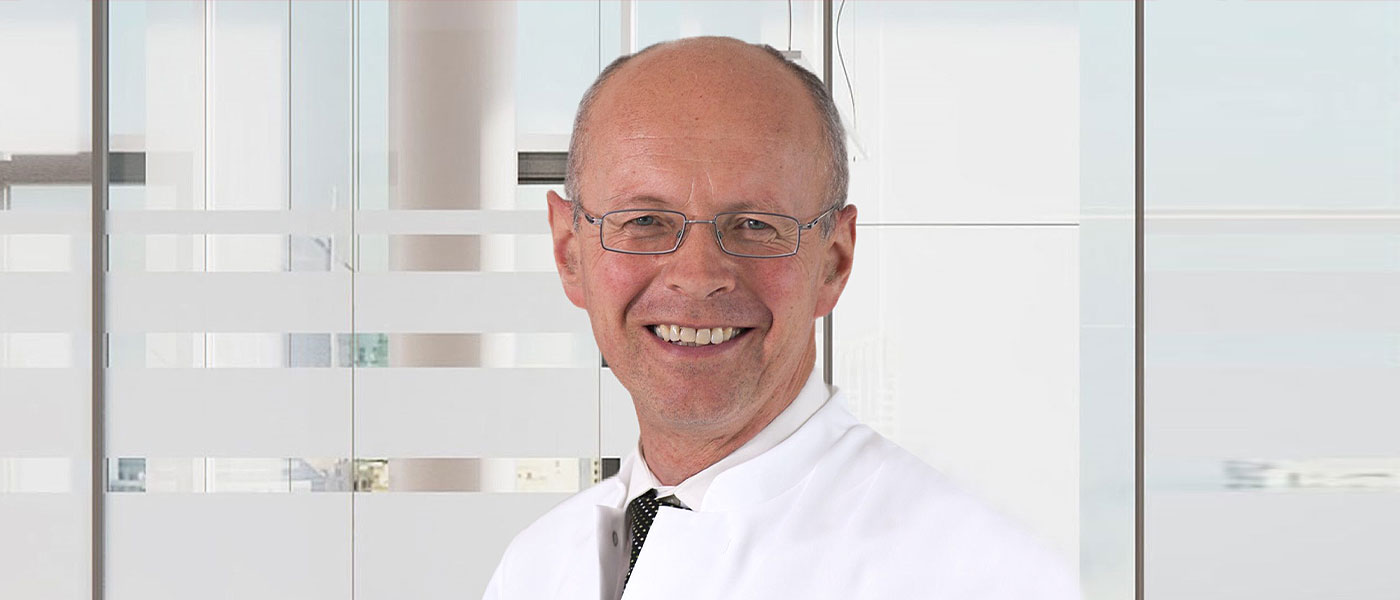

Verbesserung der Krebsfrüherkennung durch innovative bildgebende Verfahren und Senkung des Kontrastmittelbedarfs
Verbesserung der Krebsfrüherkennung durch innovative bildgebende Verfahren und Senkung des KontrastmittelbedarfsVerbesserung der Krebsfrüherkennung durch innovative bildgebende Verfahren und Senkung des Kontrastmittelbedarfs
„Wir wollen die Krebsfrüherkennung durch innovative bildgebende Verfahren verbessern und den Kontrastmittelbedarf senken."


Liquid Biopsies für die Früherkennung von DADDR
Liquid Biopsies für die Früherkennung von DADDRLiquid Biopsies für die Früherkennung von DADDR
„Wir wollen Liquid Biopsy als Instrument zur Krebserkennung und -überwachung bei DADDR-Patienten etablieren."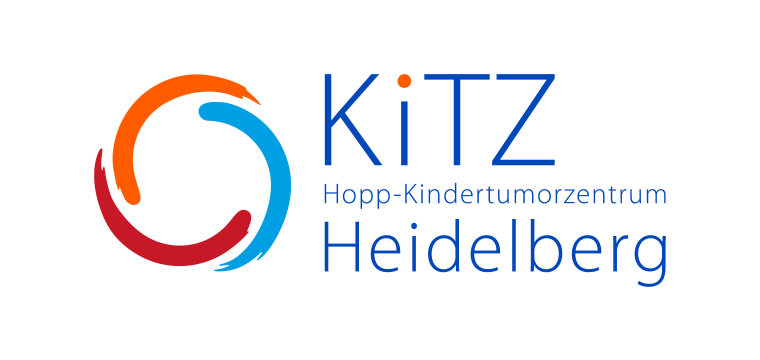

 Prof. Dr. med. Felicitas Thol
Prof. Dr. med. Felicitas TholUntersuchung der klonalen Hämatopoese, ein präleukämischer Zustand bei Patienten mit Li-Fraumeni Syndrom
Untersuchung der klonalen Hämatopoese, ein präleukämischer Zustand bei Patienten mit Li-Fraumeni SyndromUntersuchung der klonalen Hämatopoese, ein präleukämischer Zustand bei Patienten mit Li-Fraumeni Syndrom
„Wir wollen die klonale Hämatopoese, einen präleukämischen Zustand, bei Patienten mit Li-Fraumeni Syndrom untersuchen."


Analyse von Mutations- und Methylierungsprofilen bei DADDR-bedingtem Krebs
Analyse von Mutations- und Methylierungsprofilen bei DADDR-bedingtem KrebsAnalyse von Mutations- und Methylierungsprofilen bei DADDR-bedingtem Krebs
„Wir wollen Mutations- und Methylierungsprofile bei DADDR-bedingtem Krebs analysieren."

 David T.W. Jones, PHD
David T.W. Jones, PHDIdentifizierung von therapeutischen Schwachstellen, die sich aus dem Zusammenspiel von konstitutionellem TP53-Verlust und abnormer MYCN-Aktivierung ergeben
Identifizierung von therapeutischen Schwachstellen, die sich aus dem Zusammenspiel von konstitutionellem TP53-Verlust und abnormer MYCN-Aktivierung ergebenIdentifizierung von therapeutischen Schwachstellen, die sich aus dem Zusammenspiel von konstitutionellem TP53-Verlust und abnormer MYCN-Aktivierung ergeben
„Wir wollen Mutations- und Methylierungsprofile bei DADDR-bedingtem Krebs analysieren."
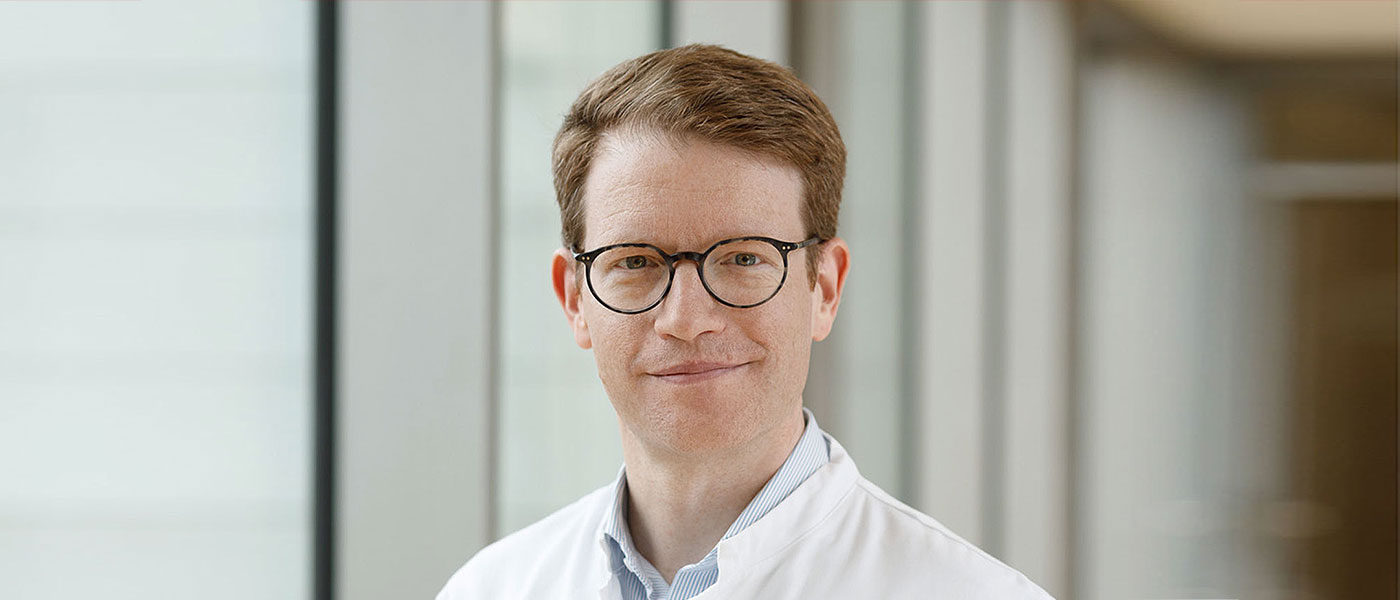

Molekulare Validierung neuartiger medikamentöser Behandlungen für LFS-Tumoren
Molekulare Validierung neuartiger medikamentöser Behandlungen für LFS-TumorenMolekulare Validierung neuartiger medikamentöser Behandlungen für LFS-Tumoren
„Wir wollen für Krebserkrankungen bei DADDRs therapeutischen Schwachstellen ermitteln und Xenotransplantat Mausmodelle entwickeln, um nach wirksamen Therapien zu suchen, die in frühen klinischen Studien erprobt werden können."


Koordination des Konsortiums
Koordination des KonsortiumsKoordination des Konsortiums
„Wir wollen eine Infrastruktur schaffen bzw. ausbauen, die den Informationsaustausch, die Koordination von Beratungen und die Eingabe medizinischer Daten sowohl für Patienten als auch für medizinisches Fachpersonal erleichtert."


Psychosoziale Betreuung von Menschen mit DADDR und ihren Familien
Psychosoziale Betreuung von Menschen mit DADDR und ihren FamilienPsychosoziale Betreuung von Menschen mit DADDR und ihren Familien
„Wir wollen die psychosoziale Unterstützung auf evidenzbasierte Weise vorantreiben."


Genidentifikation und funktionelle Analysen
Genidentifikation und funktionelle AnalysenGenidentifikation und funktionelle Analysen
„Wir wollen die Genforschung bezogen auf diese Krebsprädispositionssyndrome vorantreiben."

 PD Dr. med. Laura Hinze
PD Dr. med. Laura HinzeProfilierung der metabolischen Veränderungen beim Li-Fraumeni Syndrom als Grundlage für neue therapeutische Strategien
Profilierung der metabolischen Veränderungen beim Li-Fraumeni Syndrom als Grundlage für neue therapeutische StrategienProfilierung der metabolischen Veränderungen beim Li-Fraumeni Syndrom als Grundlage für neue therapeutische Strategien
„Wir wollen über Stoffwechsel-Profile von KPS-Patienten neue therapeutische Strategien für Krebserkrankungen entwickeln."


Verbesserung der Krebsfrüherkennung durch innovative bildgebende Verfahren und Senkung des Kontrastmittelbedarfs
Verbesserung der Krebsfrüherkennung durch innovative bildgebende Verfahren und Senkung des KontrastmittelbedarfsVerbesserung der Krebsfrüherkennung durch innovative bildgebende Verfahren und Senkung des Kontrastmittelbedarfs
„Wir wollen die Krebsfrüherkennung durch innovative bildgebende Verfahren verbessern und den Kontrastmittelbedarf senken."


Liquid Biopsies für die Früherkennung von DADDR
Liquid Biopsies für die Früherkennung von DADDRLiquid Biopsies für die Früherkennung von DADDR
„Wir wollen Liquid Biopsy als Instrument zur Krebserkennung und -überwachung bei DADDR-Patienten etablieren."

 Prof. Dr. med. Felicitas Thol
Prof. Dr. med. Felicitas TholUntersuchung der klonalen Hämatopoese, ein präleukämischer Zustand bei Patienten mit Li-Fraumeni Syndrom
Untersuchung der klonalen Hämatopoese, ein präleukämischer Zustand bei Patienten mit Li-Fraumeni SyndromUntersuchung der klonalen Hämatopoese, ein präleukämischer Zustand bei Patienten mit Li-Fraumeni Syndrom
„Wir wollen die klonale Hämatopoese, einen präleukämischen Zustand, bei Patienten mit Li-Fraumeni Syndrom untersuchen."


Analyse von Mutations- und Methylierungsprofilen bei DADDR-bedingtem Krebs
Analyse von Mutations- und Methylierungsprofilen bei DADDR-bedingtem KrebsAnalyse von Mutations- und Methylierungsprofilen bei DADDR-bedingtem Krebs
„Wir wollen Mutations- und Methylierungsprofile bei DADDR-bedingtem Krebs analysieren."

 David T.W. Jones, PHD
David T.W. Jones, PHDIdentifizierung von therapeutischen Schwachstellen, die sich aus dem Zusammenspiel von konstitutionellem TP53-Verlust und abnormer MYCN-Aktivierung ergeben
Identifizierung von therapeutischen Schwachstellen, die sich aus dem Zusammenspiel von konstitutionellem TP53-Verlust und abnormer MYCN-Aktivierung ergebenIdentifizierung von therapeutischen Schwachstellen, die sich aus dem Zusammenspiel von konstitutionellem TP53-Verlust und abnormer MYCN-Aktivierung ergeben
„Wir wollen Mutations- und Methylierungsprofile bei DADDR-bedingtem Krebs analysieren."


Molekulare Validierung neuartiger medikamentöser Behandlungen für LFS-Tumoren
Molekulare Validierung neuartiger medikamentöser Behandlungen für LFS-TumorenMolekulare Validierung neuartiger medikamentöser Behandlungen für LFS-Tumoren
„Wir wollen für Krebserkrankungen bei DADDRs therapeutischen Schwachstellen ermitteln und Xenotransplantat Mausmodelle entwickeln, um nach wirksamen Therapien zu suchen, die in frühen klinischen Studien erprobt werden können."


Koordination des Konsortiums
Koordination des KonsortiumsKoordination des Konsortiums
„Wir wollen eine Infrastruktur schaffen bzw. ausbauen, die den Informationsaustausch, die Koordination von Beratungen und die Eingabe medizinischer Daten sowohl für Patienten als auch für medizinisches Fachpersonal erleichtert."


Psychosoziale Betreuung von Menschen mit DADDR und ihren Familien
Psychosoziale Betreuung von Menschen mit DADDR und ihren FamilienPsychosoziale Betreuung von Menschen mit DADDR und ihren Familien
„Wir wollen die psychosoziale Unterstützung auf evidenzbasierte Weise vorantreiben."


Genidentifikation und funktionelle Analysen
Genidentifikation und funktionelle AnalysenGenidentifikation und funktionelle Analysen
„Wir wollen die Genforschung bezogen auf diese Krebsprädispositionssyndrome vorantreiben."

 PD Dr. med. Laura Hinze
PD Dr. med. Laura HinzeProfilierung der metabolischen Veränderungen beim Li-Fraumeni Syndrom als Grundlage für neue therapeutische Strategien
Profilierung der metabolischen Veränderungen beim Li-Fraumeni Syndrom als Grundlage für neue therapeutische StrategienProfilierung der metabolischen Veränderungen beim Li-Fraumeni Syndrom als Grundlage für neue therapeutische Strategien
„Wir wollen über Stoffwechsel-Profile von KPS-Patienten neue therapeutische Strategien für Krebserkrankungen entwickeln."


Verbesserung der Krebsfrüherkennung durch innovative bildgebende Verfahren und Senkung des Kontrastmittelbedarfs
Verbesserung der Krebsfrüherkennung durch innovative bildgebende Verfahren und Senkung des KontrastmittelbedarfsVerbesserung der Krebsfrüherkennung durch innovative bildgebende Verfahren und Senkung des Kontrastmittelbedarfs
„Wir wollen die Krebsfrüherkennung durch innovative bildgebende Verfahren verbessern und den Kontrastmittelbedarf senken."


Liquid Biopsies für die Früherkennung von DADDR
Liquid Biopsies für die Früherkennung von DADDRLiquid Biopsies für die Früherkennung von DADDR
„Wir wollen Liquid Biopsy als Instrument zur Krebserkennung und -überwachung bei DADDR-Patienten etablieren."

 Prof. Dr. med. Felicitas Thol
Prof. Dr. med. Felicitas TholUntersuchung der klonalen Hämatopoese, ein präleukämischer Zustand bei Patienten mit Li-Fraumeni Syndrom
Untersuchung der klonalen Hämatopoese, ein präleukämischer Zustand bei Patienten mit Li-Fraumeni SyndromUntersuchung der klonalen Hämatopoese, ein präleukämischer Zustand bei Patienten mit Li-Fraumeni Syndrom
„Wir wollen die klonale Hämatopoese, einen präleukämischen Zustand, bei Patienten mit Li-Fraumeni Syndrom untersuchen."


Analyse von Mutations- und Methylierungsprofilen bei DADDR-bedingtem Krebs
Analyse von Mutations- und Methylierungsprofilen bei DADDR-bedingtem KrebsAnalyse von Mutations- und Methylierungsprofilen bei DADDR-bedingtem Krebs
„Wir wollen Mutations- und Methylierungsprofile bei DADDR-bedingtem Krebs analysieren."

 David T.W. Jones, PHD
David T.W. Jones, PHDIdentifizierung von therapeutischen Schwachstellen, die sich aus dem Zusammenspiel von konstitutionellem TP53-Verlust und abnormer MYCN-Aktivierung ergeben
Identifizierung von therapeutischen Schwachstellen, die sich aus dem Zusammenspiel von konstitutionellem TP53-Verlust und abnormer MYCN-Aktivierung ergebenIdentifizierung von therapeutischen Schwachstellen, die sich aus dem Zusammenspiel von konstitutionellem TP53-Verlust und abnormer MYCN-Aktivierung ergeben
„Wir wollen Mutations- und Methylierungsprofile bei DADDR-bedingtem Krebs analysieren."


Molekulare Validierung neuartiger medikamentöser Behandlungen für LFS-Tumoren
Molekulare Validierung neuartiger medikamentöser Behandlungen für LFS-TumorenMolekulare Validierung neuartiger medikamentöser Behandlungen für LFS-Tumoren
„Wir wollen für Krebserkrankungen bei DADDRs therapeutischen Schwachstellen ermitteln und Xenotransplantat Mausmodelle entwickeln, um nach wirksamen Therapien zu suchen, die in frühen klinischen Studien erprobt werden können."





